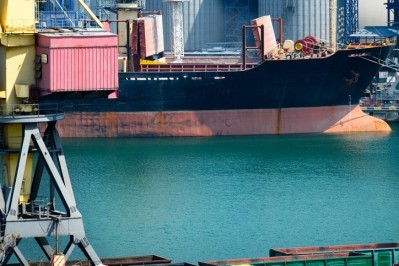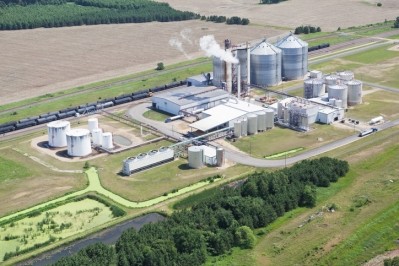AHDB report: Black Sea conflict could have lasting impacts on markets

There is still a lot of unknowns around this war, however, cautioned Roman Slaston of the Ukrainian Agribusiness Club (UCAB).
Looking a little ahead, he said Ukrainian farmers started sowing rapeseed for the 2023 harvest at the end of July. With the campaign now finished, the expectation, he said, is that 1.2-1.3 million hectares has been sown.
Indeed, rapeseed is proving more profitable to grow than grains in Ukraine right now, he added. For winter wheat and barley, Slaston expects the planted area to be down 25-30% on average levels.
In terms of spring cropping, the UCAB representative predicted that there will be an increase in the share of sunflower and soybean area over maize.
Depending on the geographical location of where maize is grown in Ukraine (central, northern) the costs of transporting (insurance, freight) to suitable ports is between $150-$180 per ton, further reason for farmers to switch from grains to oilseeds, reads the AHDB report.
Agri-commodity exports continue to exit Ukraine via the Black Sea grain corridor, and the expectation is that exports via sea will reach 4 million tons (Mt) per month. Slaston outlined how 2.5Mt of goods still leave the country via rail and road to EU ports, with some exports being transported by river.
Ukrainian farmers’ fertiliser use will be constrained, however, into next year, said Slaston, due to the high prices and shortage of supplies.
Western and central parts of Ukraine would see recovery in one to two years following the cessation of the conflict, but the northern and eastern parts of Ukraine will feel the impacts of this war for much longer, due to destroyed infrastructure and machinery. The fields in those regions are badly damaged from shelling and missiles, commented Slaston.






